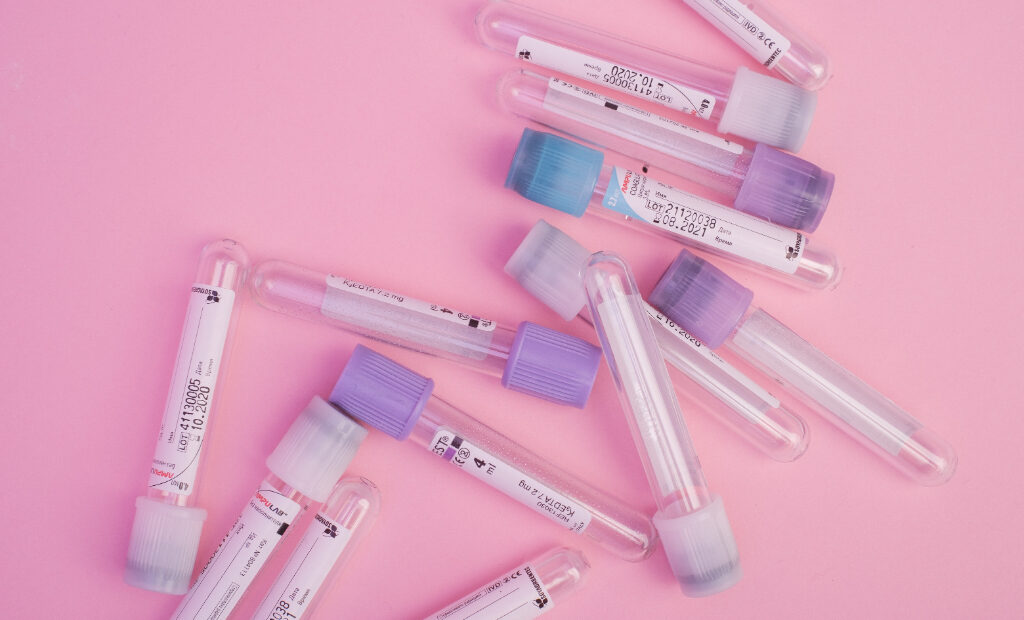The different types of Covid testing explained

Coronavirus: 2020’s biggest surprise that no one asked for and certainly no one wanted. But, it happened, and for the short-term – at the very least – it’s here to stay. There’s light at the end of the tunnel as vaccinations begin to roll out worldwide, but what should one do in the meantime if they suspect they’ve caught it? What are the different types of Covid tests and are there different benefits to each? Here’s our guide to Covid testing, from PCR and lamp tests to antigen vs antibody testing.
Why is testing important?
Covid-19 spreads very quickly and can sometimes lead to serious complications and even death for those infected. Getting tested as soon as one starts to experience symptoms, or if one has come into contact with someone who is showing symptoms, is extremely important. It means that an individual can effectively self-isolate and reduce the risk of spreading the infection to others, even if they’re asymptomatic.
Testing also provides the government with more accurate data on infection rates and the country-wide spread of the virus. This in turn helps them to offer effective guidance to keep the most vulnerable of our people safe and dictate the current restrictions required nationally.
Destinations around the world are insisting that visitors must provide proof of a negative PCR test taken less than 72 hours before arrival. They’re also great for showing employers that one is fit to work.
PCR tests
PCR tests are very accurate and quick to administer. They check for the virus’s genetic material which is called RNA. A simple throat or nasal swab is taken, which can confirm whether the patient is or isn’t actively infected with Covid. It can feel uncomfortable, but it’s over very quickly.
One can visit a testing hub for PCR tests in London, Edinburgh, Cardiff and other locations across the UK, where PCR tests are available for pick up. Take the test at home, drop off the sample and receive results quickly. If one tests negative, they’ll also usually receive a fit to fly certificate for travel.
No test is 100% accurate and they vary in their levels of “sensitivity” – meaning their ability to correctly identify Covid in a person – but the PCR test is the most popular one that’s currently being requested by foreign governments. It’s also the standard test used by the NHS.
Lamp tests
Lamp tests – or loop-mediated isothermal amplification – also look for RNA in the patient’s sample. They can be administered by swab but also, and arguably more comfortably, they can just use a saliva sample. Because they can be quickly processed on-site, lamp tests are popular at airports such as Heathrow.
There are concerns that this form of testing isn’t as accurate as PCR testing, as it can produce false negatives. This is why PCR is the preferred test for travellers wishing to enter another country.
Antigen tests
Antigen tests look for coronavirus-specific proteins in swab samples taken from suspected patients. Like PCR tests, they confirm whether a person is actively infected with Covid. They provide quicker results than PCR tests, usually within fifteen to thirty minutes, but are more likely to miss the infection or provide a false positive. Since no laboratory testing is required, there is a rapid turnaround of results which may be desirable in certain situations.
Antibody tests
Antibody tests don’t look for an active Covid infection. Instead, they check a patient’s blood for antibodies that are created by the immune system in response to the virus previously being present. They develop like warriors to fight off the infection and defend the body.
There is room for error with antibody tests though: not everyone who has had the virus will provide antibodies. The test also doesn’t show whether someone is immune to the virus or if they can or cannot spread the virus to others.
A recent study by Public Health England shows most people who have had the virus are protected from catching it again for at least five months – which is how long the study has lasted so far. Not everyone has proven immune though, with some participants becoming reinfected by coronavirus. Even if they don’t show symptoms the second time around, they can still hold and pass on high levels of the virus.
Testing for Covid-19 isn’t always pleasant. However, as one can understand, it’s necessary – especially for keeping yourself and others safe throughout 2021. So keep our Covid testing guide in mind when planning an upcoming work trip or getaway, and be sure to get tested straight away if you start to display symptoms or come into contact with someone who is infected.
The editorial unit

























Facebook
Twitter
Instagram
YouTube
RSS